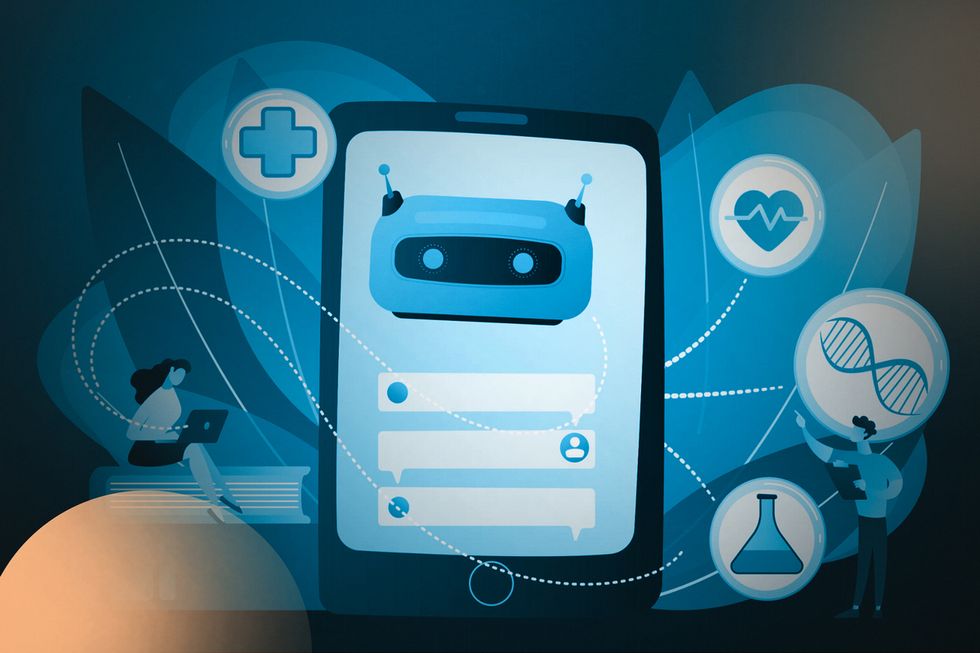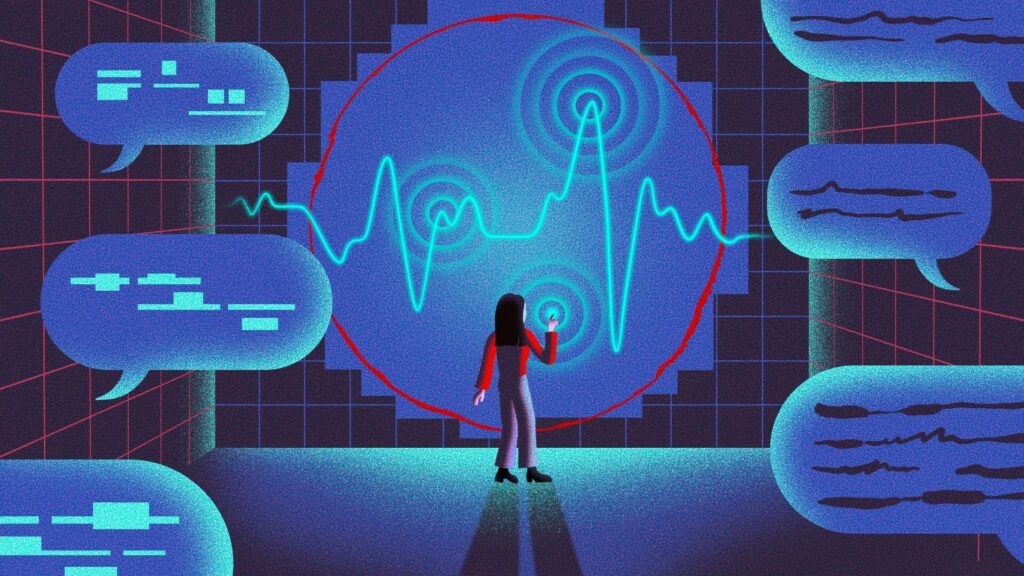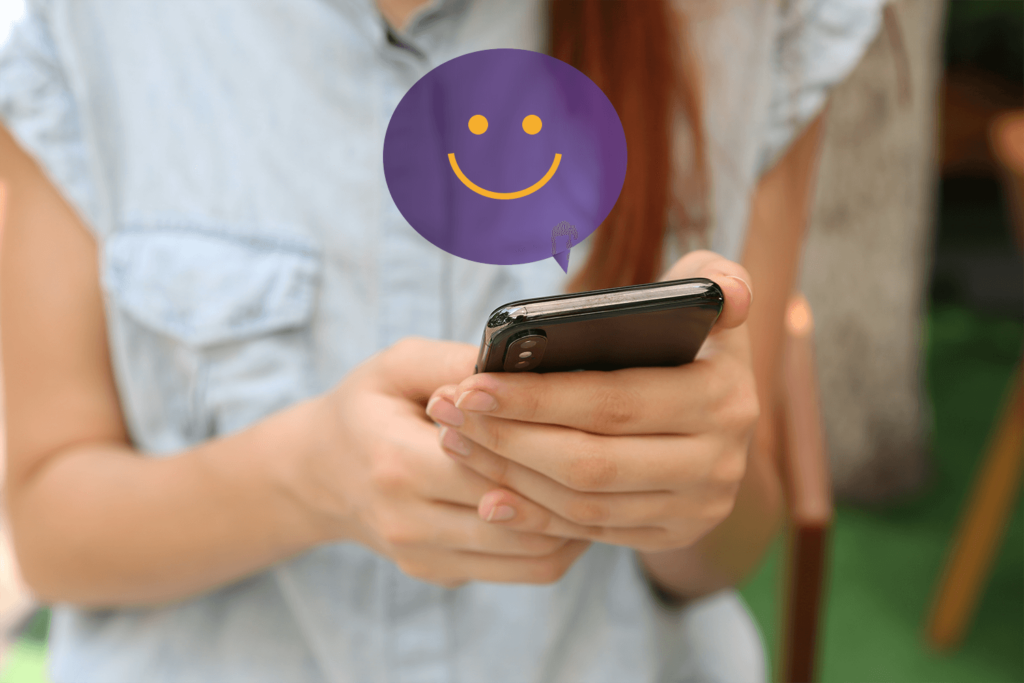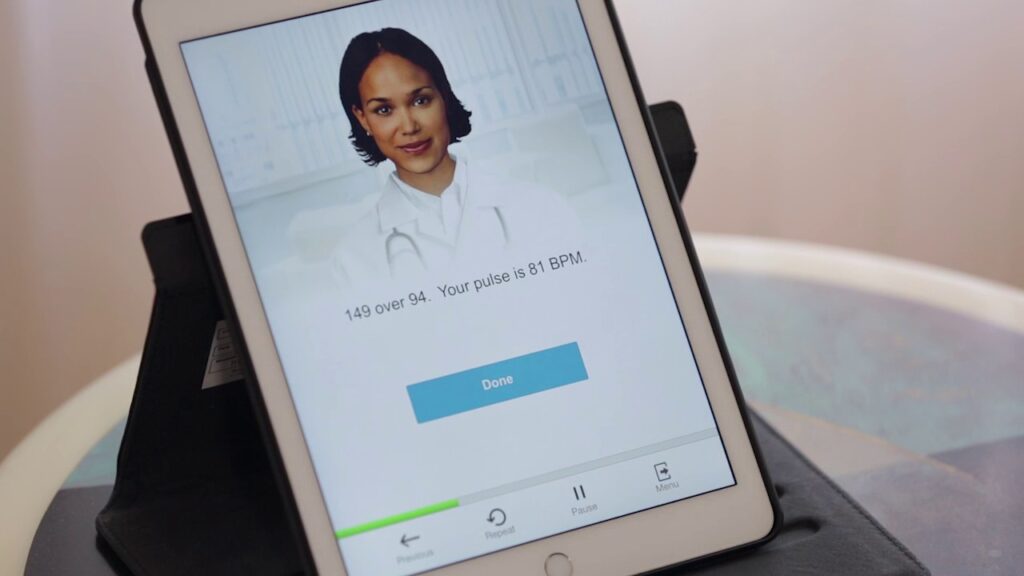The advent of artificial intelligence (AI) technology has revolutionized numerous industries, with healthcare being a notable example. A specific application of AI that’s making waves in healthcare is the chatbot – a conversational AI interface designed to streamline interactions and provide valuable services to users. The burgeoning presence of healthcare chatbots is changing the dynamics of the industry, offering unprecedented benefits and efficiencies.
Firstly, what exactly are healthcare chatbots? Essentially, these are computer programs powered by AI and natural language processing (NLP) capabilities. They are designed to mimic human conversation and understand the intent behind a user’s query. Whether through text or voice commands, chatbots can answer questions, provide recommendations, and even guide users through certain processes.
In healthcare, these chatbots are programmed with medical knowledge and are capable of handling health-related inquiries. They can answer common health questions, provide information about symptoms, and guide users on when to seek medical help. Some chatbots can even facilitate booking doctor’s appointments or remind patients to take their medication.
There are a variety of ways in which healthcare chatbots are changing the industry:

1. Improved Patient Engagement
Healthcare chatbots provide instant responses, reducing waiting times and significantly improving patient engagement. Instead of calling a healthcare provider and being put on hold, patients can interact with a chatbot at any time, getting immediate responses to their inquiries. This constant availability improves the overall patient experience, leading to increased satisfaction and engagement.
2. Streamlined Administrative Tasks
Healthcare providers spend a substantial amount of time on administrative tasks like appointment scheduling and answering basic health queries. With chatbots handling these tasks, healthcare professionals can focus more on providing care. This not only makes their work more efficient but also reduces the chances of administrative errors.
3. Enhancing Telemedicine
Chatbots are playing a crucial role in the rise of telemedicine, especially in the wake of the COVID-19 pandemic. They serve as the first line of patient interaction, gathering symptoms, and directing patients to appropriate services. This has proven to be a time-saving and cost-effective approach to preliminary patient assessment.
4. Personalized Healthcare
The ability of chatbots to analyze and learn from patient data allows for a more personalized healthcare approach. By keeping track of a patient’s medical history and preferences, chatbots can provide tailored health advice, personalized medication reminders, and custom follow-up recommendations.
5. Access to Healthcare Information
Chatbots provide an accessible way for patients to obtain healthcare information. They can provide answers to frequently asked questions, information about medications, and guidance on healthy habits. This promotes patient education, which is essential in preventive healthcare.
Despite these advantages, the implementation of healthcare chatbots also comes with challenges. Issues around data privacy, the need for constant updates to medical knowledge, and limitations in understanding complex medical conditions are some of the hurdles to overcome. However, as AI technology continues to evolve, it is likely that solutions to these challenges will be found.
Who are the top providers of healthcare chatbots right now?

1. QliqSOFT
QliqSOFT is a renowned provider in the healthcare chatbot industry, with a focus on creating secure, HIPAA-compliant communication solutions. Their chatbot, Quincy, is an AI-driven, versatile platform used by over 1,000 healthcare organizations for patient communication, triage, and virtual visits. Quincy can be customized to suit a range of specific needs and services, including symptom checking, appointment scheduling, and medication reminders.
Pros: Quincy’s adaptability and compliance with stringent healthcare regulations set it apart. The platform’s customization options allow for a personalized patient experience, with the chatbot even capable of conducting virtual visits.
Cons: Some users have reported that Quincy requires a steep learning curve for proper deployment, and the customization process can be complex, potentially leading to challenges in implementation.
2. Buoy Health
Buoy Health offers an AI-powered chatbot designed to understand and advise on a wide range of medical symptoms. With a user-friendly interface, it is adept at simulating a conversation with a doctor to understand symptoms, give advice, and even direct users to appropriate care settings based on symptom severity.
Pros: Buoy Health’s chatbot is user-friendly and capable of understanding a wide range of medical symptoms, which can provide users with peace of mind and guide them towards appropriate care.
Cons: Despite the chatbot’s wide range of symptom understanding, it does not replace professional medical consultation, which can be problematic if users rely solely on it for medical advice.
3. HealthTap

HealthTap’s chatbot provides round-the-clock medical advice from a network of more than 90,000 U.S. doctors. It operates by asking patients about their symptoms and then uses AI to analyze the millions of answers given by doctors on the platform to suggest a course of action.
Pros: The sheer volume of doctors involved in HealthTap provides a wealth of knowledge and the ability to facilitate telemedicine consultations.
Cons: The chatbot’s responses rely heavily on previously given answers, which might not always be perfectly suited to the user’s specific situation.
4. Your.MD
Your.MD offers a health chatbot that guides users to the right care based on their symptoms. It employs AI to analyze user-reported symptoms and recommends suitable treatment options, including whether the patient should seek professional medical help.
Pros: Your.MD’s chatbot is user-friendly and can provide useful pre-diagnosis information to help users understand their symptoms better.
Cons: While the platform provides useful preliminary advice, it does not offer treatment or consultation services directly, which can limit its utility for users who need immediate professional help.
5. Sensely

Sensely’s chatbot, Molly, uses advanced speech recognition and AI capabilities to interact with patients. Molly can guide users through clinical protocols, offer advice, and direct users to the most appropriate care pathway.
Pros: Sensely’s multilingual support allows it to serve a broad range of users. Its use of speech recognition also makes the platform more interactive and user-friendly.
Cons: While Molly provides a robust set of features, it may not cover all possible medical scenarios. As with other AI solutions, its efficacy and accuracy are directly proportional to the quality and completeness of the data it is trained on.
In conclusion, healthcare chatbots are ushering in a new era of healthcare delivery. They offer the potential to enhance patient engagement, streamline administrative tasks, facilitate telemedicine, personalize healthcare, and promote patient education. While challenges persist, the transformative potential of healthcare chatbots is undeniable. As we move forward, these digital assistants are poised to become an integral part of our healthcare system, radically reshaping the way we access and provide healthcare services.







